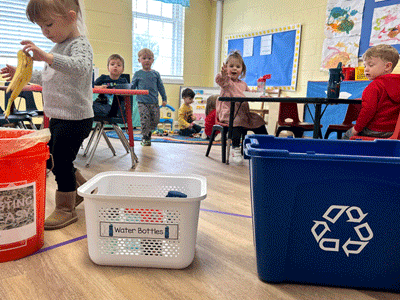Sustainable Living & Earth Care Concerns is a part of the Presbyterian Hunger Program
Investigating, Equipping, Embodying
Sustainable Living and Earth Care Concerns purposes to accompany Presbyterians reflecting on and living out economic and environmental decisions as an extension of their faith and values.
Remembering our own need for faithful discipleship through continuous education, questioning and discovery, we then seek to provide opportunities for:
- Investigating environmental and economic inequities through:
- Providing resources and presentations on economic and environmental justice issues to consider as part of our daily choices and lives, including environmental racism.
- Writings that lift up a variety of voices speaking to those issues via our Eco-Journey Blog.
- Equipping Presbyterians to make informed, faithful choices through
- Empowering participation in Fair Trade like the Coffee Project, and Eco-Palms.
- Providing resources that encourage contemplation about our role in the world including ecumenical Earth Day Sunday worship materials, and Treading Lightly for Lent.
- Embodying practices that bring about active transformation like
- Taking the Climate Care Challenge,
- Participating the Blessed Tomorrow Ambassador training,
- Certifying your congregation as an Earth Care Congregations
- Connecting with a presbytery Hunger Action Advocate to explore resources and events in your area.
“…God’s work in creation is too wonderful, too ancient, too beautiful, too good to be desecrated…Restoring creation is God’s own work in our time, in which God comes both to judge and to restore…”
—PC(USA) Environmental Policy




